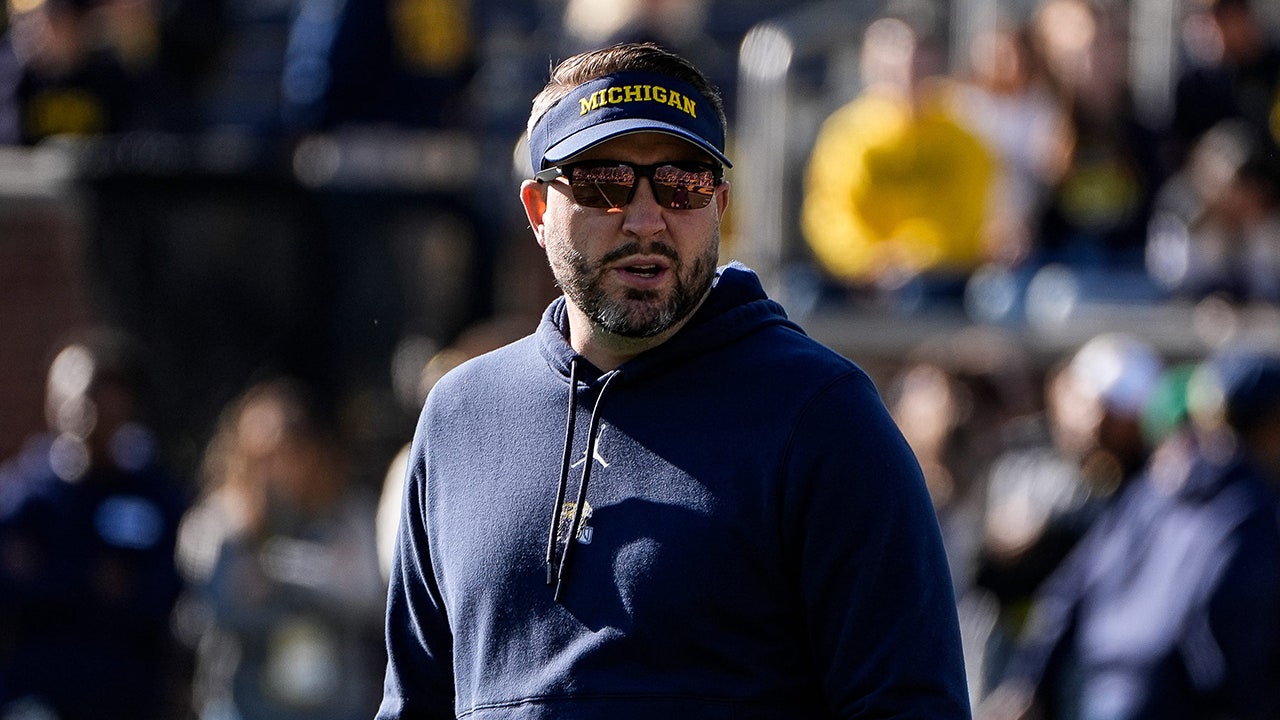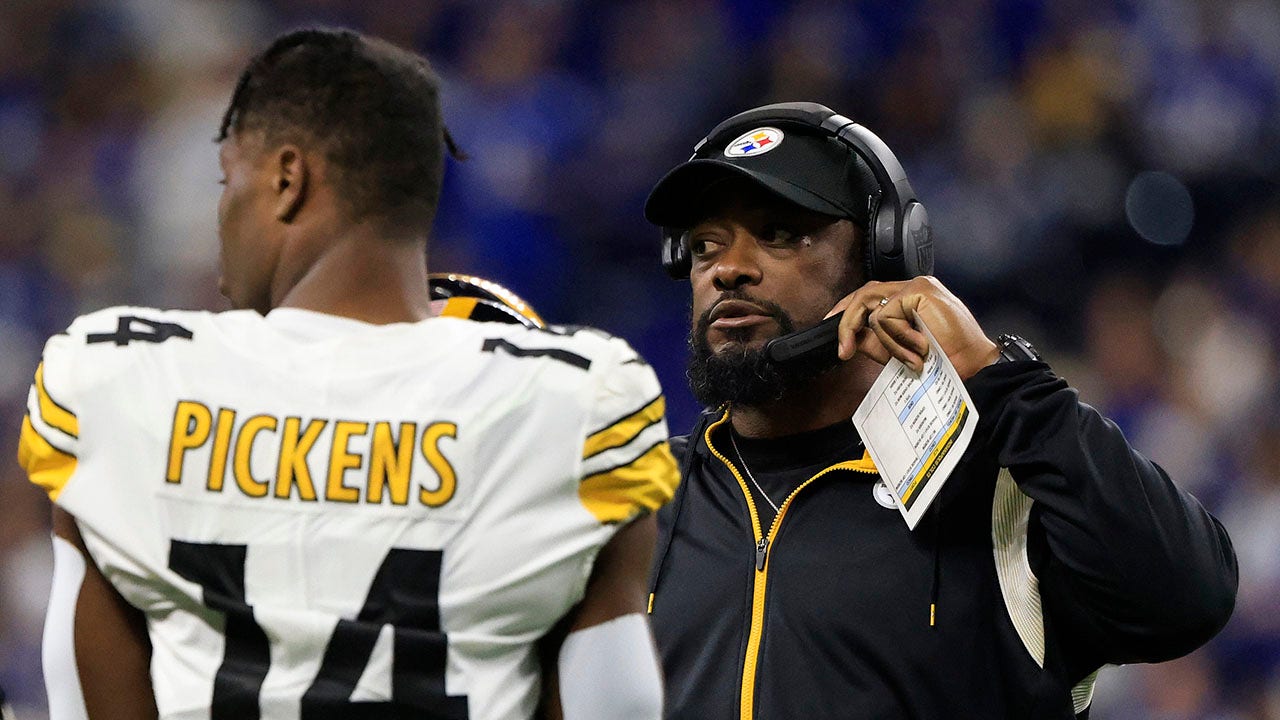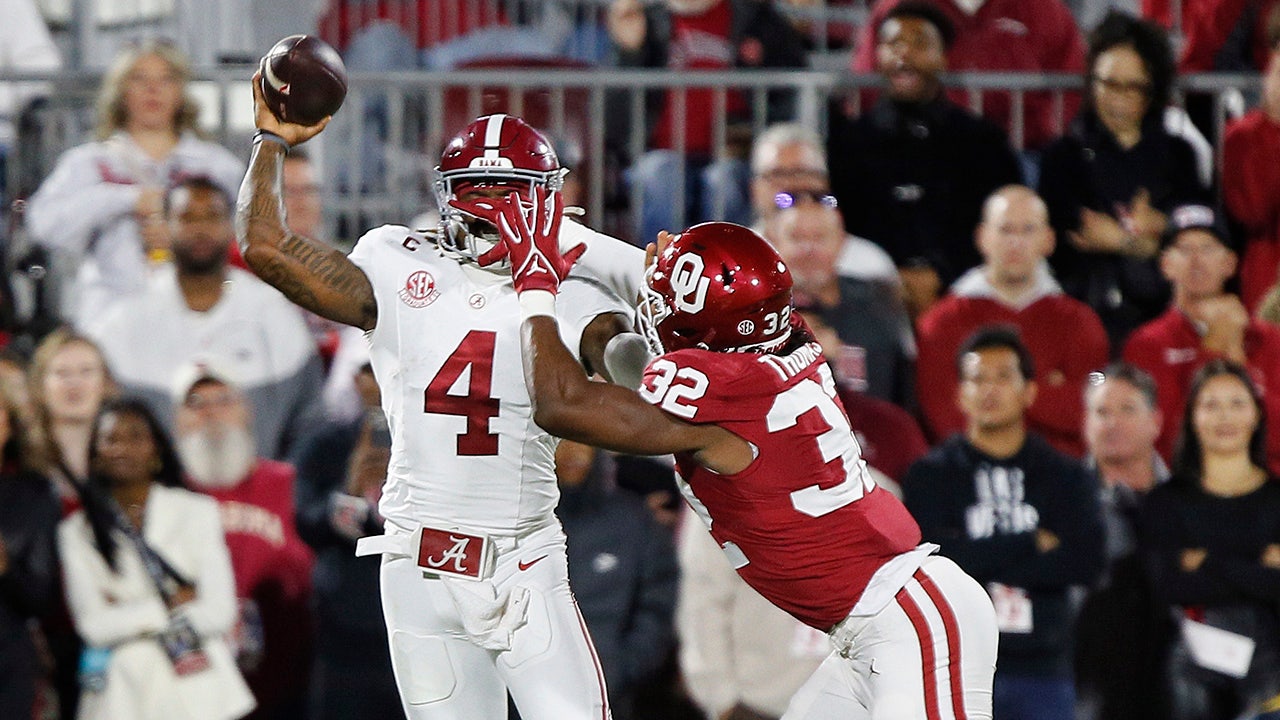“Friday the 13th” meets Terrence Malick in this formally intriguing experimental slasher exercise, which answers that question many gruesome times over as unsuspecting 20-somethings get picked off in the Canadian wilds by a hulking golem in a mask. The familiar setup travels well-trod terrain by design, with influences including “My Bloody Valentine,” “The Texas Chainsaw Massacre” and the films of Gus Van Sant. But what makes writer-director Chris Nash’s lo-fi Sundance debut one of the freshest horror concepts of the year is its central conceit: Instead of tracking the killer’s doomed victims from start to finish, the film stays firmly in his perspective.
But first, the monster must be awakened.
Special-effects-artist-turned director Nash and cinematographer Pierce Derks hold on long, static shots of verdant nature as birds chirp overhead; the first of those shots depicts the innocuous act of thievery that sets the film in motion. Soon, our killer claws out from the dirt with a singular goal: to get back what’s been stolen.
Glued to his newly reanimated side, the omniscient floating camera follows close behind the villain, creating an immersive sensory experience as he traverses his surroundings, brutally dispatching whoever crosses his path. What follows is surprisingly meditative and serene, grisly bursts of murder aside.
How might Michael Myers spend his downtime between bouts of bloody mayhem, or get from points A to B to crisscross the rural countryside? Rather mundanely, it turns out. “In a Violent Nature” imagines the answer is a lot of methodically paced walking, through lush forests and trails so gorgeous you start not to mind getting your steps in vicariously.
Watching a slasher villain clomp through the woods in long, wide takes isn’t every horror fan’s cup of tea, but patience pays off for the observant viewer. His name, we learn through overheard campfire tales and clumsily delivered exposition, is Johnny (Ry Barrett), a supernaturally unkillable brute with a tragic past credited with massacring local loggers a decade prior. His next victims include a poacher, a park ranger and a group of partying weekenders, whose conversations we hear only in snatches whenever he’s lurking in earshot. But since he doesn’t care to track the petty dramas and backstories of his targets, neither do we.
Instead, we ride along as he follows his animal instincts, adapting his methods to the weapons he happens upon like a character in a video game. Whether he’s armed with an ax, a blade, a log splitter or his own meaty hands, there is a terrifying indifference and inevitability to Johnny’s violence, which adds several squeamishly inventive kills to the horror canon, including gory decapitations and a showy number involving a hooked chain and a very flexible victim. Yet its most effective sequence is also its most simplistic, requiring only a lake and anticipation to build real, visceral dread in a film otherwise uninterested in building tension.
More provocative than jump-scary, the film’s best moments unfold with dark humor and inspired transitions enhanced by a scoreless elemental sound design by Michelle Hwu and Tim Atkins. So it’s frustrating and distracting when flat direction, inconsistent effects and wooden acting break the spell, making it more and more of a slog to stay interested as Johnny slices and dices his way through the film’s 94-minute run time.
But then, the screenplay’s surprising coda curiously shifts the focus to its final girl, Kris (Andrea Pavlovic). Her palpable fear lends the film its first inkling of emotional heft, and paired with a cameo that die-hard horror fans will appreciate, its self-reflexive philosophical questions about the nature of violence arise anew.
Unrated. At area theaters. Contains intense scenes, extreme violence and gore, and language. 94 minutes.















































